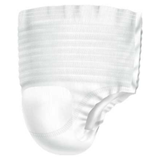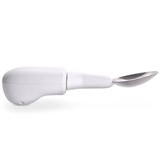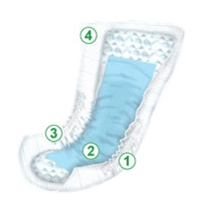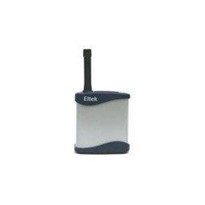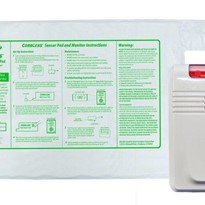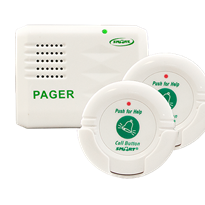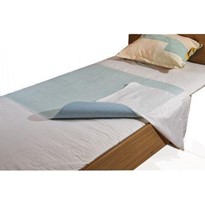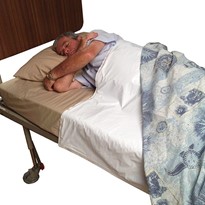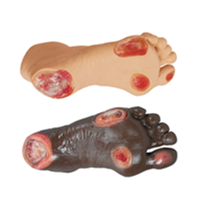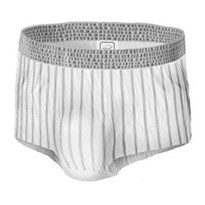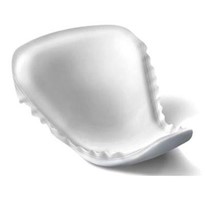If an elderly person becomes incontinent, it is important to find out the cause – many of the causes of incontinence in the elderly can be cured or at least managed.
Some of the causes of incontinence in the elderly include:
- Urinary Tract Infection
- Limited mobility and dexterity problems
- Obesity
- Urinary incontinence due to tumour or severe prolapse in women and enlarged prostate in men
- Neurological Conditions such as Stroke, Dementia or Parkinsons disease
- Poorly controlled Diabetes
- Reduction in oestrogen in women following menopause
- Some medications
- Weak Pelvic Floor Muscles in both men and women
- Respiratory Ailments with Chronic Coughing
Many carers expect and accept the elderly to be incontinent. Be assured that incontinence is very treatable. When talking with your loved one about incontinence, let them know that, with help from their doctor, this problem can often be cured and can always be managed. Stress how you will work together to find a solution.
The first step to bladder control is to schedule a doctor’s appointment for an evaluation. If the person in your care already has an appointment on the calendar for another reason, call the physician’s office and explain that you would like to discuss incontinence during the visit.
Loss of bladder control isn’t easy to talk about, but there is no need to feel uncomfortable bringing the subject up with the doctor.
You can help the doctor make an accurate assessment and diagnosis by providing as much information as possible during the appointment.
For a week prior to seeing the doctor, make note of the following:
1. Keep a urine bladder diary for the person in your care during the seven days prior to the doctor’s visit. Document the signs and patterns of voids including:
- Time of day incontinence usually occurs
- Behaviours or activities proceeding incontinence
- Location where loss of bladder control happens most often – for example: toilet, hallway, bedroom, stairway, away from home, etc.
- Amount of liquid consumed
2. Any special diets or changes in diet.
3. Any prescription and over-the-counter medications.
4. Any behaviours that you suspect may be a side effect of medications.
5. Are incontinent episodes becoming progressively worse?
Find out about the most common forms of incontinence in men and women, as well as some available treatments that can make a difference. Simple changes in the daily routine can help you both manage incontinence.
For more information, download our Carer’s Kit.
Being well prepared can prevent incontinence
If accidents are happening near the toilet, it could be because the person is having difficulty sitting down on the toilet. A toilet seat extender that raises the seat height to a more comfortable level may be added. The extender may be combined with wall handrails to makes things easier.
Consider using an absorbent product to avoid accidents, and especially at night so you can get some much-needed rest. Use absorbent products that match your needs and preferences as well as those of the person you care for.
Your doctor, nurse, pharmacist or other caregivers may have recommendations that can help you decide. Specific information on Depend® products is available in the Product Section of this website. Product selection should be made based on level of absorbency, product type, size and fit.



